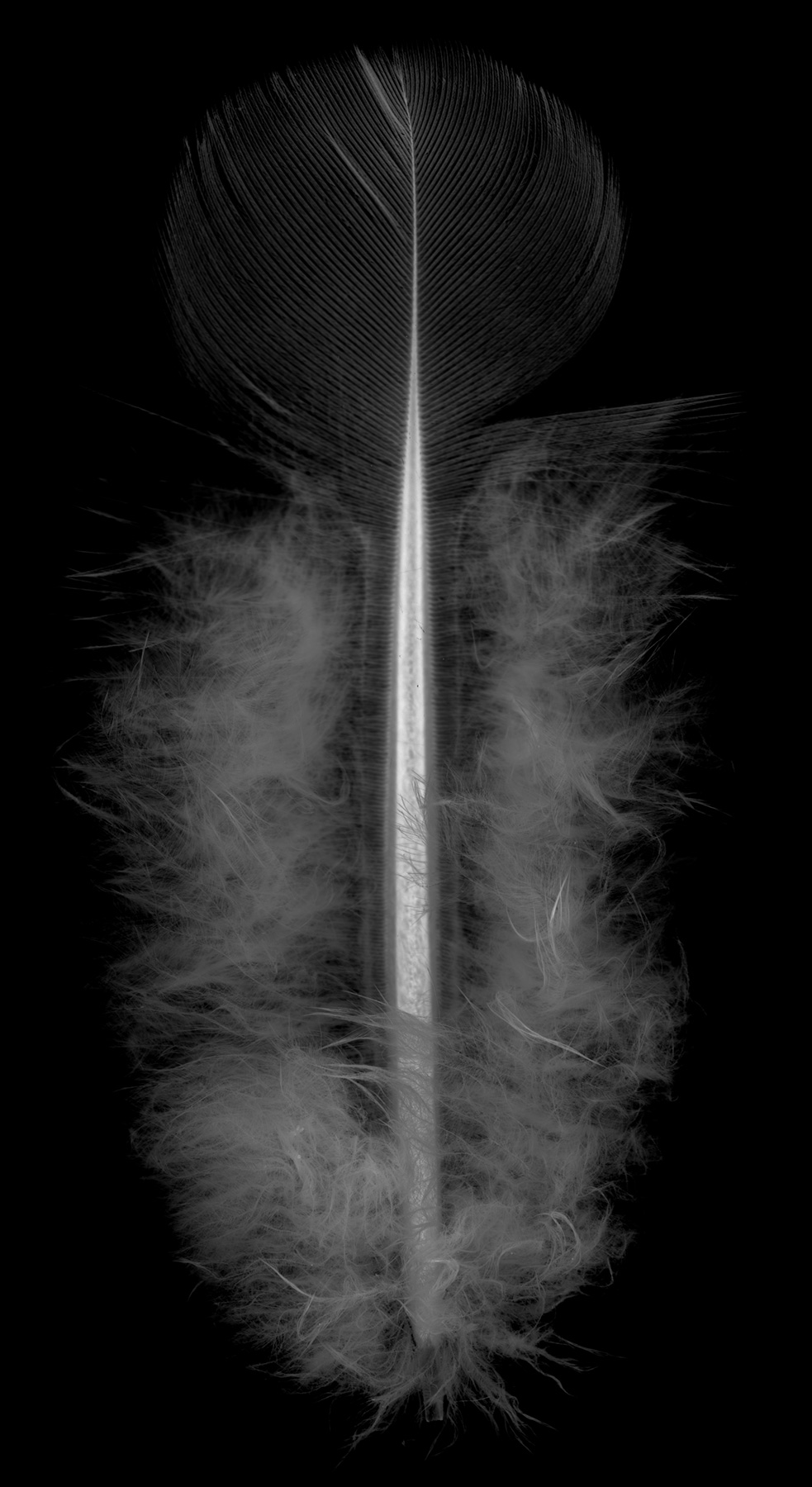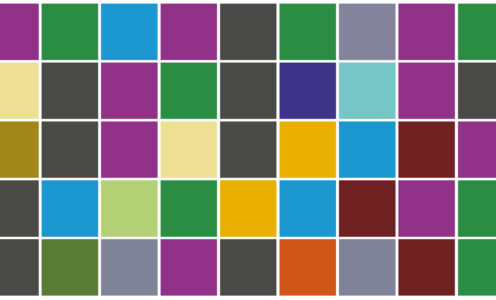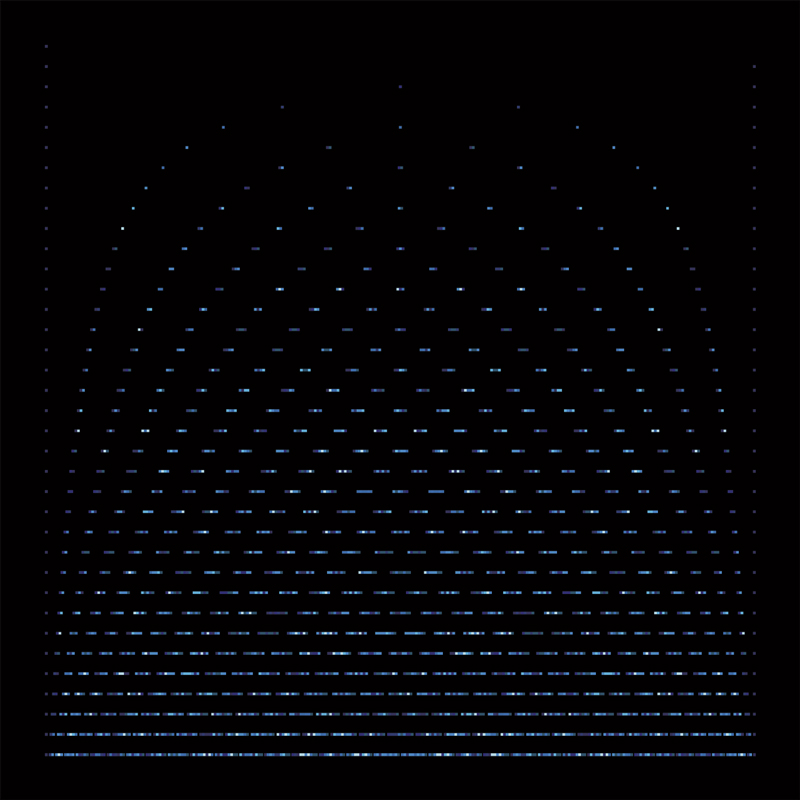Three words that tell of eternal repetition, using different technologies, of course, but an almost nauseating repetition.
Mining to make money on money, extracting to harvest personal data, exploiting to profit from this data for commercial, political, strategic, warlike purposes.
In the figure, society hardly suspects this digging, which leaves its surface and changes its entrails. So many underground levels, so many different works, so many different extractions. What comes out of all these deep excavations? The future (V. Hugo, Les Misérables).
An industrial revolution
During the industrial revolution inaugurated by the United Kingdom at the end of the 18th century and France at the beginning of the 19th century, the economy of societies was profoundly changed from an agrarian and artisanal mode (for several millennia) to an industrial mode. Automation, mass production of manufactured goods, changes in the economy, political systems and urban migration, scientific developments and finally the ecological revolution. Because this industrialisation, which began in England and spread to Belgium, northern France and Switzerland, and then gradually spread to the whole of the European continent, to the United States and then to Japan at the end of the 19th century, was very energy-intensive. Coal, commonly used as a source of energy for heating (with the arrival of stoves) or for softening iron in forges, became from the early 1800s one of the essential components in the achievement of industrial progress, forging the blast furnaces necessary for the transformation of society. “Mining” was therefore, at that time, what allowed the development of the iron industry. “Mining” was therefore, at that time, what allowed the rise of industrial society with its share of misery and exploitation, the reality of which authors such as Zola and Hugo have largely depicted.
 To mine is to extract. In the context of crypto-currencies, mining is summed up in the remuneration of the « miner ». Whoever mines is paid for the allocation of computing power and energy for the proper functioning of crypto processes. But if we broaden the spectrum of the crypto universe we find that there are miners whose function is to produce and sell their output (or try to) by selling themselves. This is the case with influencers, NFT « artists », who display their lives, their personal data and more generally all users who use these networks to showcase their « power » and « talent ». The resource they represent offers, through their habits, their choices, their browsing, their publications, essential data for modelling habits and customs in these so-called social universes. The cross-referencing of data is such that if you do a search on your computer and you use your smartphone to go to a social network, there is a strong chance that the advertisements you are sent will echo your search on a different medium.
To mine is to extract. In the context of crypto-currencies, mining is summed up in the remuneration of the « miner ». Whoever mines is paid for the allocation of computing power and energy for the proper functioning of crypto processes. But if we broaden the spectrum of the crypto universe we find that there are miners whose function is to produce and sell their output (or try to) by selling themselves. This is the case with influencers, NFT « artists », who display their lives, their personal data and more generally all users who use these networks to showcase their « power » and « talent ». The resource they represent offers, through their habits, their choices, their browsing, their publications, essential data for modelling habits and customs in these so-called social universes. The cross-referencing of data is such that if you do a search on your computer and you use your smartphone to go to a social network, there is a strong chance that the advertisements you are sent will echo your search on a different medium.
This leads us to consider the following point. By posting private documents on public networks, users pour into the immense analysis machine their user profile but also their taste (photos of clothes, plates, trips, etc.) and make it possible to make the associated data cross-checking software more reliable with the even more intrusive software associated with facial recognition. By posting photos of children, commenting on their tastes, their performances, their practices – sporting, cultural, artistic… – we are « selling » their future to companies or political systems that will have no trouble using them for more or less avowed purposes. This is what constitutes the third pillar: exploitation.
If we reread Marx, Hegel, Zola, Hugo, Russel etc., we will see that the third pillar is exploitation. In short, if we look at the description of the societies that preceded us, if we allow the prospective visions of the philosophers and thinkers of the three centuries that precede us to infuse us, and if we enrich this knowledge with a bit of anticipation as proposed by Farhenheit 451, Metropolis, Soylent Green… Perhaps we will be able to bring a bit of discernment to the use that we make of these media for the construction of a world that would then distance itself a bit from the dystopia that has been announced. Otherwise, the anthropophagic society announced in Soylent Green – and whose present reality amounts to an anthropophagy of data – will not be a fiction but a reality.
Sapience does not enter into a soul that is illiterate, and science without conscience is but the ruin of the soul.
(Rabelais, Letter from Gargantua to his son Pantagruel)



